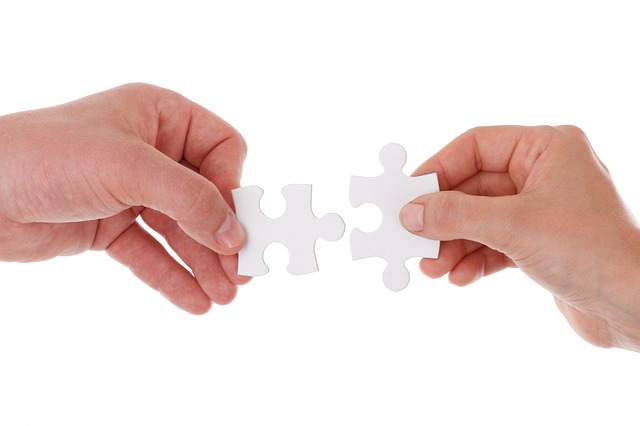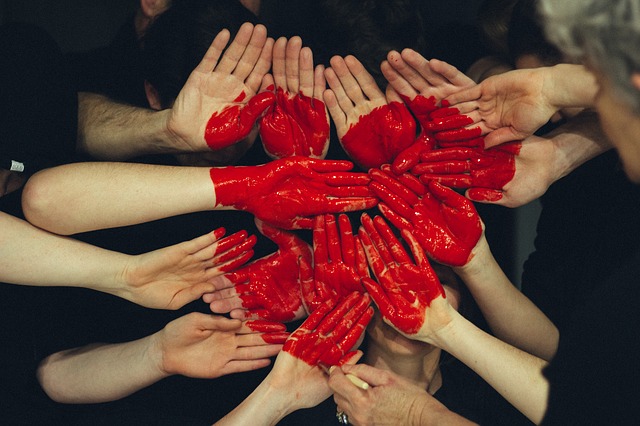EVERYONE KNOWS CONFLICT...
…but no one feels comfortable with them and some would like to change how they behave in conflicts. Can you find yourselves in one of these questions?
- Would you sometimes like to change the other person when it gets hard?
- Do you react by withdrawing and (quiet) judgement when the conversation isn’t going the way you want to?
- Would you like to have greater chances of getting what is important to you better heard and acknowledged by someone you’re in conflict with?
- Would you like to take attacks and criticism less personally?
- Would you like to be more aware of yourselves and trust yourselves in tense situations?
- Would you like to find solutions in conflicts that don’t involve compromise for either of you?

If your answer is positive to any of these questions, we invite you to participate in one of our trainings of ephatic conversation based on Nonviolent communication practices by Marshall Rosenberg.
At the trainings you’ll be able to try out a new way of handling conflict situations that will provide a more satisfying outcome for both sides even when it doesn’t look that way.
A NEW PERSPECTIVE...

Emphatic communication uses the methods of Nonviolent Communication by Marshall Rosenberg that takes a different approach. In conflicts, you do not ask the question: “Who is right and who is wrong?”, you ask: “How am I? How are you? What will take us towards finding a solution?”.
This way we can stop the escalation of a conflict that turned into blaming and justification.
We are deliberately geared towards the solution to the conflict in which you can have both: taking care of your needs and keeping the relationship with the people around you.
How is that possible?
We are working on our inner attitude and the use of a language that make it possible to lower resistance even in difficult conversations. This provides an oppeness for cooperation and solving issues. When such a foundation has been built, we are often only a step away from a solution.


But what do we do if the other side doesn’t want to cooperate? Maybe you too had the experience that if you approach people in honesty and with respect and when they are certain that their needs are taken into account, they are more willing to partner in solving the problem.
How to get there...?
Step by step, we are getting to know the process of Empathic Communication:
looking at a situation without interpretation and evaluation… taking responsibility for our own thoughts and feelings… allowing anger and outrage… hearing the needs of all participants and taking them seriously even when we disagree with a certain behaviour… using requests instead of demands to achieve our goals and values… reacting with empathy towards ourselves and others… leading a dialogue with the help of empathic communication and getting to a resolution… relating empathically to our inner conflicts… saying NO and accepting NO… expressing anger fully and yell non-violently… filling conversations with life… mourning what we did and correcting it… expressing and receiving thankfulness… supporting others through empathy.
How do we practice?

- By using real-life examples to teach the methods of empathic communication;
- By working on the skills of empathic communication in pairs and groups;
- By working on your own experiences through role-play;
- By using games that lift the group energy as well as provide a playful and relaxed working atmosphere.
A training can be organised as a weekend training, a training for several days, afternoons and in other arrangements. Please contact us for any further questions or requests as well as to talk about the costs of a training.
